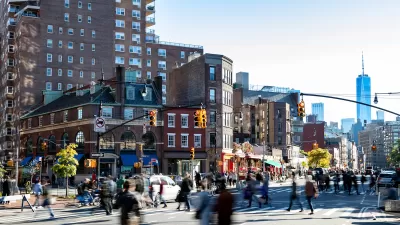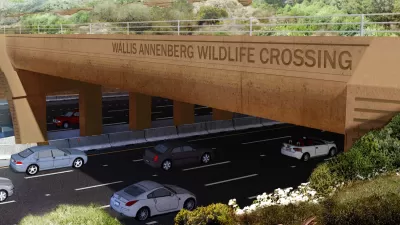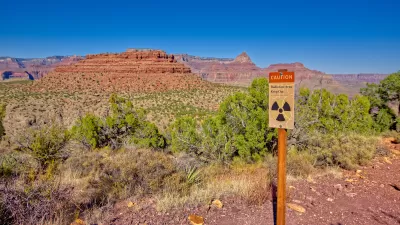Enterprising Native American communities are using their sovereignty to approve large projects that would be difficult to clear on neighboring lands, like landfills and casinos. Industry is happy to oblige, and directly targets the Native market.
"The conflicts are set to get worse as urban development sprawls toward rural areas where most Indian reservations are located, said David Bricklin, a Seattle attorney who represents communities fighting reservation development, most recently in a losing battle against an outdoor concert venue on land belonging to the Muckleshoot Indian Tribe, 25 miles south of Seattle.
Bricklin said state politicians and city and town leaders often refuse to take on Indian nations, which have become major donators to political candidates. Bricklin also said opponents are branded racists by development supporters. 'You get accused of being prejudiced against the tribes if you dare to challenge the project,' he said.
But John Dossett, general counsel for the National Congress of American Indians, said land use battles cut both ways. Tribal land and people have been far more heavily impacted by development outside reservations, he said. 'It is more than a little unfair that tribes, who have been among the last to receive the benefits of economic development, would be expected to keep their lands pristine while everyone has developed all around them.'"
FULL STORY: Outsiders Target Indian Land for Risky Business

Pennsylvania Mall Conversion Bill Passes House
If passed, the bill would promote the adaptive reuse of defunct commercial buildings.

Planning for Accessibility: Proximity is More Important than Mobility
Accessibility-based planning minimizes the distance that people must travel to reach desired services and activities. Measured this way, increased density can provide more total benefits than increased speeds.

World's Largest Wildlife Overpass In the Works in Los Angeles County
Caltrans will soon close half of the 101 Freeway in order to continue construction of the Wallis Annenberg Wildlife Crossing near Agoura Hills in Los Angeles County.

Eviction Looms for Low-Income Tenants as Rent Debt Rises
Nonprofit housing operators across the country face almost $10 billion in rent debt.

Brightline West Breaks Ground
The high-speed rail line will link Las Vegas and the Los Angeles area.

Colorado Bans No-Fault Evictions
In most cases, landlords must provide a just cause for evicting tenants.
City of Costa Mesa
Licking County
Barrett Planning Group LLC
HUD's Office of Policy Development and Research
Mpact Transit + Community
HUD's Office of Policy Development and Research
Tufts University, Department of Urban and Environmental Policy & Planning
City of Universal City TX
ULI Northwest Arkansas
Urban Design for Planners 1: Software Tools
This six-course series explores essential urban design concepts using open source software and equips planners with the tools they need to participate fully in the urban design process.
Planning for Universal Design
Learn the tools for implementing Universal Design in planning regulations.

























